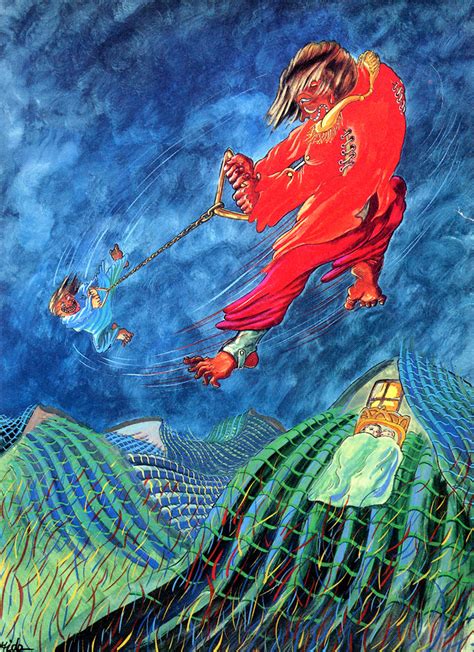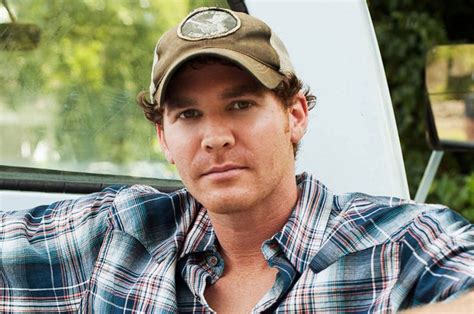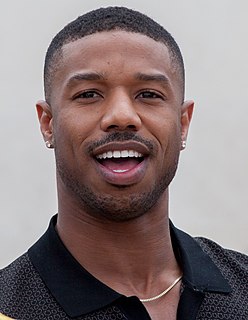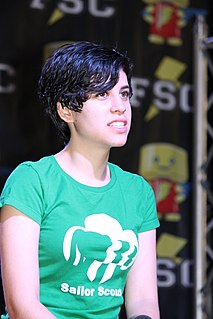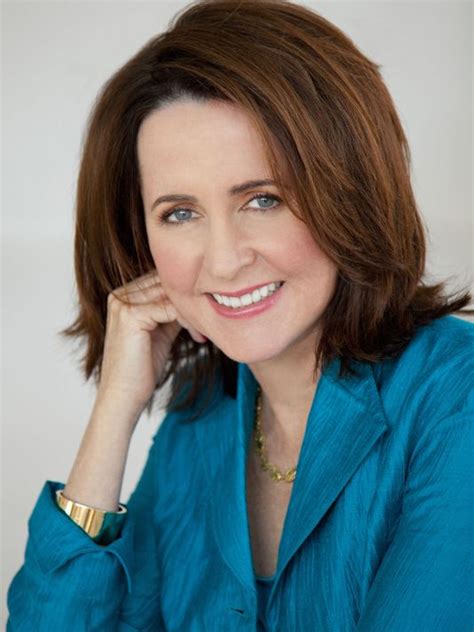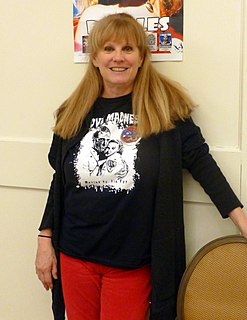A Quote by Shane Black
Sometimes I'll have a scene that strikes me, I just feel like writing a scene, a mini-story that seems like it might lead somewhere. But that is such a tentative, fishing-hook way to go about it that these days I've found it's easier to kind of at least have your concept and start attaching things to a skeleton. So I try to find the armature, the kind of backbone of it first that you can start to hang those scenes on.
Related Quotes
Whether it's one scene or 15 scenes in a film, whether it's the lead or a cameo part, if I don't find it interesting, I tend not to do it. You never really know what it is. It could be a one-scene part. I remember I read the one scene in Crash and was asked to do it. I was like, "Absolutely!" There's no formula for how something has to be. I always try to keep it that way.
It's like you might have some great scene that you love but for some reason - and you can't necessarily put your finger on it - the movie's not working or it seems slow or ponderous in some way, and even though it has your favorite scene in there, actually the favorite scene is the culprit. That's the painful thing about editing, is trying to locate those things that are holding the movie back and then having the guts to cut them. And it is painful to do it.
The first time I go out to Nashville, ever (at this point I had only heard the rumors about what it's like) I had three writing sessions set up. The first two canceled on me. I was kind of pissed off at that point. So I just went back to my hotel room and started writing. And even though I've been to L.A. and experienced a lot of things, at the end of the day I just start to feel like I'm playing acoustically at the first bar I ever played at.
It's kind of like being a writer in the sense that you always hear other writers say, 'Well, the best way to start writing is to just start writing.' The same goes for improvisation. You want to start improvising, just start playing notes. And the more you do that, the more comfortable - or not comfortable - but I guess how you're able to adapt to situations. You become more familiar with your instrument. As soon as you have a musical thought, you can go ahead and add to that musical thought and know your way around.
When I first started writing, there was no way I'd write a sex scene. That just seemed impossible. That's why in "Fight Club" all the sex happens off-screen. It's all just a noise on the other side of the wall or the ceiling. I just couldn't bring to write in a scene like that. So one of the challenges with "Choke" was I wanted to write sex scenes until I was really comfortable just writing them in a very mechanical way.
Perhaps if there is anything remotely interesting about my writing style, it is this: more often than not I have no idea what the story is going to be about. Sometimes I have a fuzzy vision, or a glimpse of one scene, or a character. But mostly all I have is a random first sentence, and I follow it to see where it might go. For me, writing is the process of discovery, of gradually figuring out what happens in the story and how it ends, that makes writing an interesting process for me.
I try to structure albums in a pattern, like in a way where there's a motif that runs throughout or some kind of conceit that informs it in a general way. Maybe it's in a harmonic key. I like to go metastructural sometimes, like look at more than the three-minute passage and how that interacts with other pieces. And I've been increasingly interested in false starts and fraudulent beginnings, and things that don't reach their implied conclusions. I take an album and I kind of start moving things around like Jenga.
The acting background helped a lot when I started writing. I was training for it. In acting class they teach you about the stakes in a scene (and) what motivates characters. When you bring a scene to class - as an actor with your scene partner - you have to do everything. There's no producer, set decorator or anything like that. You and you partner have to do everything and that's kind of like facing the blank page as a writer.
The Ramones were a great bunch of guys. They were very quiet, very shy. They were a little in awe of the filmmaking process, probably because we started at 7 a.m. I do remember the very first day of shooting, I met them and did the scene in the bedroom where Joey sings to me, and they were all scattered around my bedroom in my little fantasy scene. That was the first scene we shot of the movie. That scene is kind of a strange way to start a movie. "Okay, get undressed, and these weird guys in leather jackets and ripped jeans are going to sing to you."

